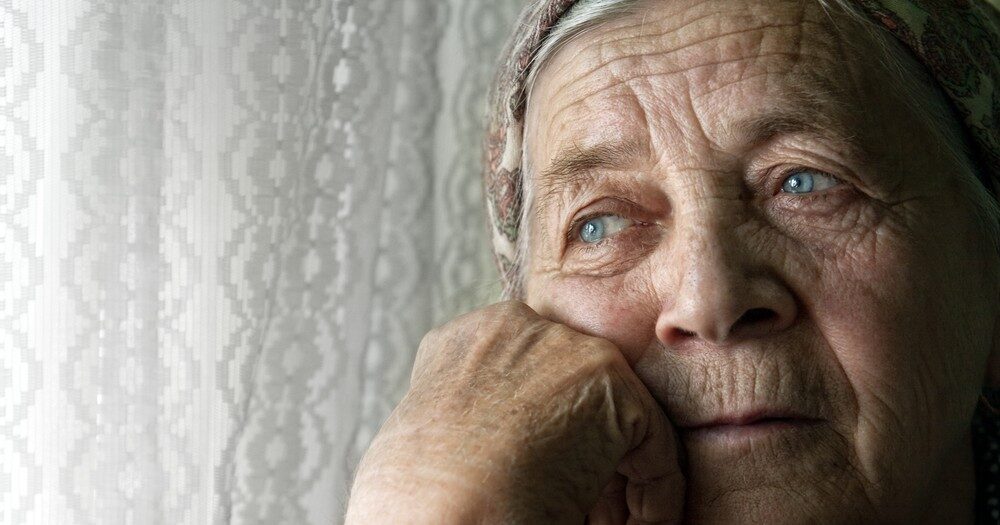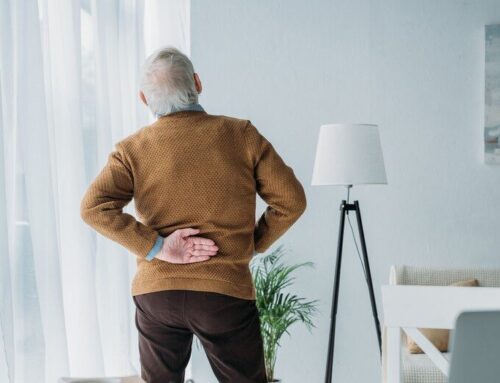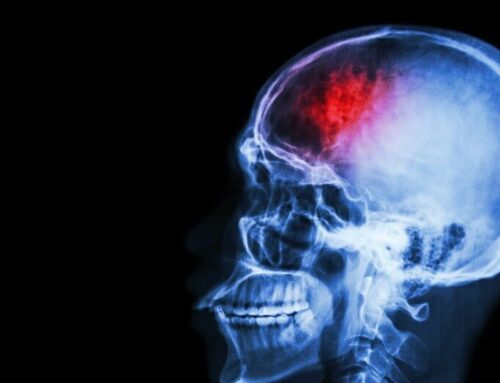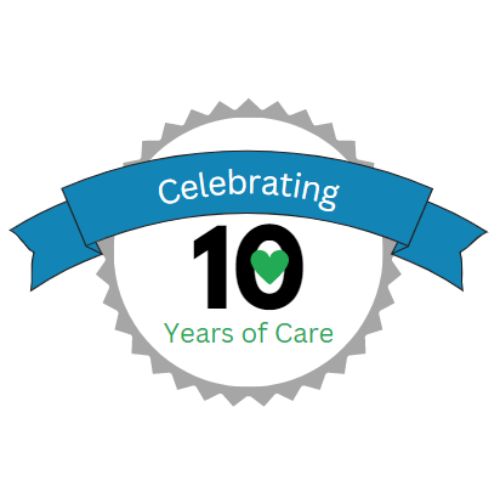Many people find that they have trouble sleeping at night. How often do you lay your head on the pillow after a tiring day only to find that your body doesn’t seem quite ready to rest. It’s common to struggle to fall asleep every once in a while. But, these occasional occurrences aren’t the same as sleeping disorders. Although you may have trouble falling or staying asleep sometimes, it doesn’t mean that you have a sleeping problem. However, there are many individuals who do, in fact, have a sleeping disorder and older adults are not exempt from that number. In truth, many aging individuals find that they have trouble sleeping. One of the sleeping disorders that older people may experience is insomnia. If you have an older loved one, it’s important for you to know that insomnia in older adults isn’t as uncommon as you may think.
What is Insomnia?
Unfortunately, a lot of people have been diagnosed with a sleep disorder. This kind of disorder, as you might imagine, has to do with the disruption of healthy sleeping patterns. In other words, people who have a sleep disorder have trouble getting the proper amount or quality of sleep. As a result of this lack of sleep, people who have a sleep disorder may experience various issues throughout their waking hours. Having a sleep disorder can cause people to struggle with work, studies and so forth. These disorders can also cause health problems as the body is not able to get the amount of rest it needs in order to fight against health hazards. A person’s mental and physical health may both be impacted by the presence of a sleep disorder. Having a sleep disorder can also have a negative effect on one’s emotional state.
Insomnia is one of the most commonly seen sleep disorders. When a person has insomnia, it means that he or she has trouble falling or remaining asleep. People who have insomnia may lie awake for a long amount of time before falling asleep at night. Some may wake up several times throughout the night. And, often, people who are dealing with this disorder may feel extremely tired after waking up in the morning and experience sleepiness during the daytime.
The Effects of Insomnia
As we mentioned before, those who suffer from insomnia may also deal with emotional, physical and mental struggles because the body lacks the proper amount of rest. Some individuals who have insomnia deal with things like depression, anxiety, moodiness and irritability. Many people who have this sleep disorder may struggle to concentrate or focus. Some people even experience headaches because of their lack of sleep. These symptoms can be found in many individuals who are living with this disorder, including senior adults. A lot of people do not realize that insomnia in older adults happens quite often. So, as someone who has an older loved one, it may be helpful to know more about how this sleep disorder affects aging individuals.
About Insomnia in Older Adults
In addition to the emotional issues, having sleeping troubles can lead to many different health problems. Heart disease, neurological issues and diabetes are all possible results of insomnia in older adults. Seniors may experience insomnia as a result of depression, which could be present because of loneliness or anxiety. Or, the older individual could be dealing with pain or other medical issues. These problems can also cause insomnia in older adults. But these issues can be treated with the help of an in-home caregiver.
Florida First Senior Home Care provides families like yours with the tools you need in order to find the best possible help for your older loved one. Whether your family member needs help getting things done around the house, getting dressed, or simply needs a companion, Florida First can refer you to the right caregiver. For more information, just call us today.







